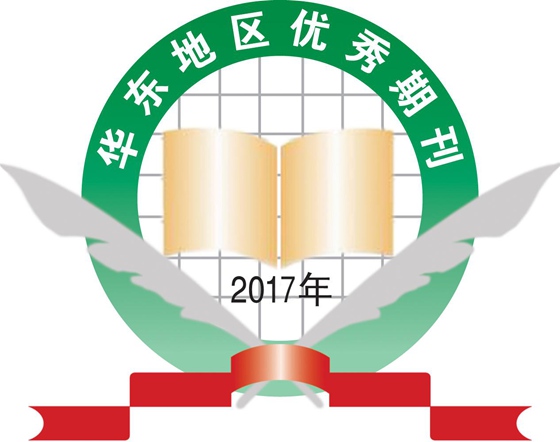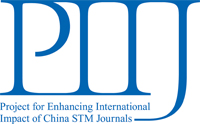Background
Radiation pneumonitis is one of the most common complications during radiotherapy of thoracic tumors. It impacts the quality of life of the patients and has life-threatening danger. However, there is a lack of drugs for prevention and treatment of this disease.
Objective
To evaluate the efficacy of Liangxue Jiedu Huoxue Decoction, a compound traditional Chinese herbal medicine, in prevention of radiation pneumonitis.
Design, setting, participants and interventions
A prospective randomized clinical study was conducted. A total of 100 patients diagnosed with lung cancer from Department of Radiotherapy, Chinese PLA General Hospital, who were planning to receive radiotherapy, were randomly assigned into treatment group and control group, with 50 patients in each group. In the treatment group 3 cases were lost to follow-up and one case was excluded, while in the control group 6 cases were lost to follow-up and 2 cases were excluded. Patients in the treatment group were treated with Liangxue Jiedu Huoxue Decoction in addition to radiotherapy, while patients in the control group were treated with radiotherapy alone.
Main outcome measures
The incidence rates of radiation pneumonitis in the two groups were calculated. Acute radiation injury scoring criteria by Radiation Therapy Oncology Group (RTOG), clinical-radiographic-physiologic (CRP) score system, and Karnofsky Performance Status Scale (KPS) were used to evaluate the status of the patients.
Results
The incidence rate of radiation pneumonitis was lower in the treatment group than in the control group (13.04% versus 33.33%, P<0.05). According to the RTOG scale, the extent of lung injury was improved in the treatment group as compared with that in the control group (P<0.05). The CRP score in the treatment group was significantly lower than that in the control group (P<0.05). The KPS score in the treatment group was significantly higher than that in the control group (P<0.05).
Conclusion
Liangxue Jiedu Huoxue Decoction can decrease the incidence rate of radiation pneumonitis, reduce the extent of the lung injury, alleviate the symptoms of radiation pneumonitis, and improve life quality of the patients.
 Table of Content
Table of Content














